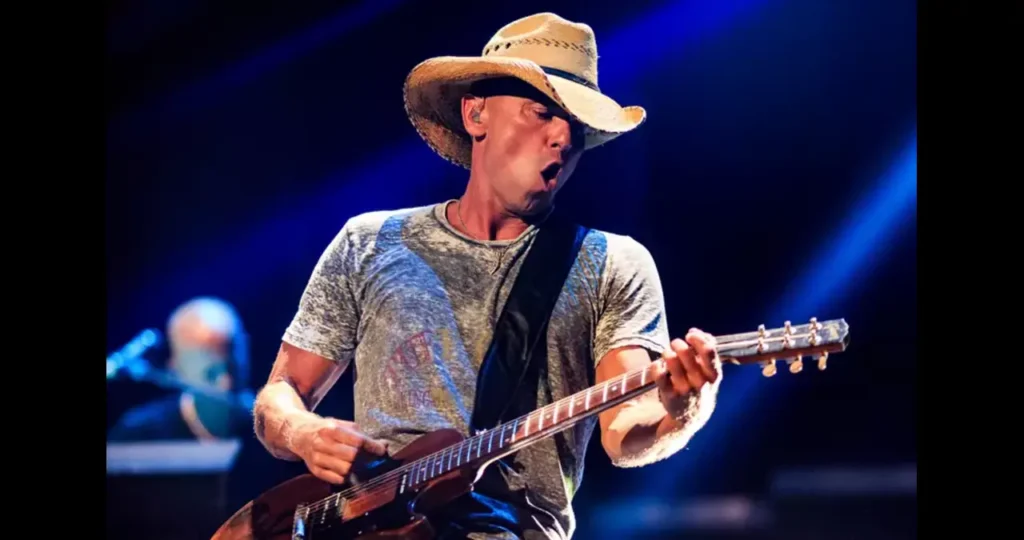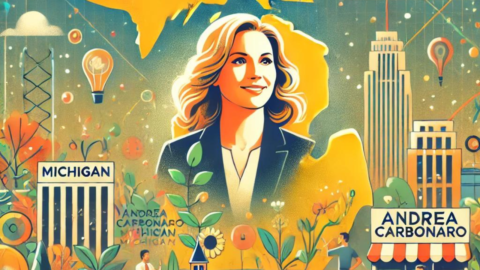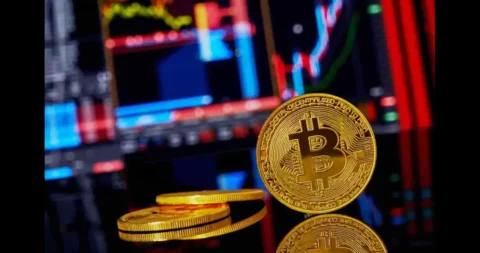Introduction to the rise of liberal country singers

The Liberal Country Singers landscape of country music is evolving, and with that change comes a new wave of voices advocating for progressive values. Gone are the days when the genre was solely associated with traditional themes and conservative ideals. Today, liberal country singers are stepping to the forefront, challenging norms, and using their platforms to push for social justice, equality, and environmental awareness. This shift marks not just a musical transformation but also a cultural one—a reflection of an audience craving authenticity in messages that resonate beyond honky-tonk bars. As these artists gain traction in an industry traditionally resistant to political discourse, they invite us to consider how music can be a powerful catalyst for change.
The history of political activism in country music
Country music has long been a reflection of American culture, capturing the struggles and triumphs of everyday life. Its roots are deeply intertwined with social issues, from poverty to civil rights.
In the 1960s and 70s, artists like Johnny Cash used their platforms to address injustices, challenging societal norms through powerful lyrics. Songs became tools for protest against war and inequality.
The genre further evolved as musicians began to express more progressive views in their work. This shift opened doors for younger generations who sought authenticity in storytelling that aligned with their values.
As country music expanded beyond traditional themes, it embraced topics like LGBTQ+ rights and environmentalism. Today’s artists continue this legacy by championing various causes while remaining true to their Southern heritage. The sound has transformed, but the message remains potent; art undeniably catalyzes societal change.
The top liberal country singers and their impact on the progressive movement
When discussing liberal country singers, a few names stand out for their remarkable contributions to the progressive movement.
Brandi Carlile, with her heartfelt lyrics and advocacy for LGBTQ+ rights, has become a beacon of hope. Her music resonates deeply with those seeking change.
Kacey Musgraves is another trailblazer. In her songs, she challenges traditional norms and tackles issues such as mental health and social justice. Her candidness inspires many listeners to rethink societal expectations.
Then there there’s Margo Price, who uses her platform to address economic inequality and women women’s rights. Her raw storytelling connects the dots between personal experiences and broader societal issues.
These artists leverage their influence not just through catchy melodies but by sparking conversations that matter. Their impact reaches beyond mere entertainment; it cultivates awareness and rallies support around crucial causes within the progressive landscape of America’s heartland.
Controversy and backlash faced by these artists.
Liberal country singers often face controversy. Their progressive views can alienate fans who prefer traditional conservative values associated with country music.
For instance, artists like Kacey Musgraves and Maren Morris have faced significant backlash for their outspoken stances on issues like LGBTQ+ rights and gun control. The response can range from social media attacks to boycotts of their music.
Critics argue that these musicians should stick to the genre’s roots rather than engage in politics. This raises questions about authenticity and artistic freedom within a deeply personal medium.
Despite the pushback, many liberal country singers remain undeterred. They believe using their platforms for advocacy is vital, even if it means taking risks with their fan base or facing fierce criticism from some quarters.
The evolution of country music and its changing demographics
Country music has undergone significant transformation over the decades. What began as folk tunes from rural communities has morphed into a genre that blends various influences, including rock, pop, and hip-hop.
As society evolves, so do its musical styles. The traditional sound of banjos and fiddles now often features electric guitars and modern production techniques. This shift resonates with younger audiences seeking fresh sounds.
Demographics have shifted, too. Country music once primarily appealed to white audiences in the South. Today, artists like Kacey Musgraves and Lil Nas X are expanding those boundaries by embracing diverse backgrounds and experiences.
This evolution reflects broader cultural changes. As listeners become more inclusive, country music responds with a richer tapestry of voices that address contemporary issues such as race, gender identity, and social justice—all while retaining its roots in storytelling.
Conclusion: the power of using music for social change
Music has always been a powerful tool for social change. Liberal country singers harness their craft to illuminate pressing issues, from racial inequality to environmental concerns. Their songs resonate deeply with listeners who crave authenticity and passion in the lyrics.
The voices of these artists echo the sentiments of many who feel unheard or marginalized. By daring to speak out, they inspire others within their communities and beyond to take action. This movement demonstrates that country music is more than just twangy guitars and heartfelt ballads; it serves as a platform for progressive ideals.
As demographics shift within the genre, liberal country singers are paving the way for new narratives that promote inclusivity and understanding. They challenge stereotypes about what it means to be a country artist while inviting fans into conversations about social justice.
Articulating political beliefs through music creates an emotional connection that that’s hard to ignore. When listeners are moved by lyrics steeped in urgency and truth, they often feel compelled to act—whether voting, volunteering, or simply spreading awareness.
This transformation reflects broader cultural changes happening across society. As artists continue pushing boundaries within this space, they remind us all that music can empower movements and drive real change in our world today.








